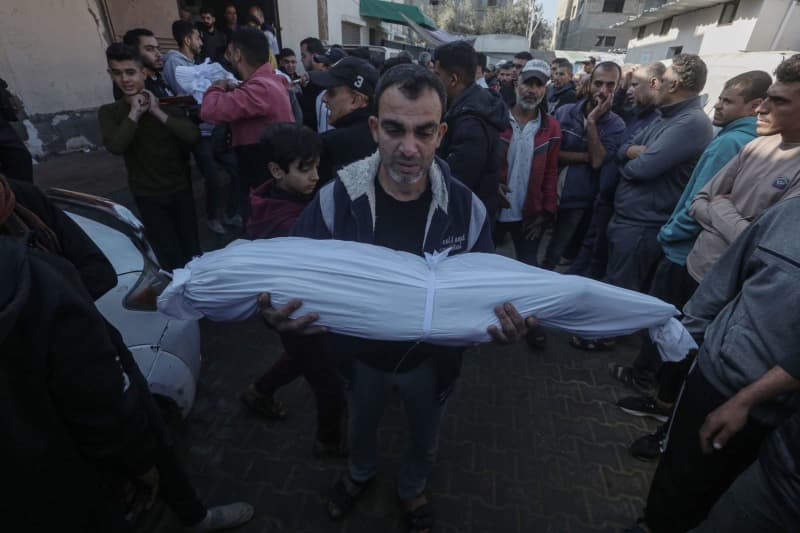The Israeli Army is currently under scrutiny for its operations in the Gaza Strip, focusing on 16 specific attacks that allegedly violated legal and humanitarian norms. These incidents, which occurred between October 21 and November 2, 2023, are being internally reviewed as the army seeks to assess the legality of its actions during an extensive military campaign targeting Hamas and other militant groups. A spokesperson for the army stated that the review process is still ongoing, hence no detailed information about the specific attacks can be disclosed at this time. Preliminary reports from sources like Haaretz indicate that many of these incidents involved airstrikes on residential complexes and former school buildings, purportedly leading to significant civilian casualties.
One notable incident mentioned revolves around an airstrike conducted towards the end of October on a former school building, which the Israeli Army claimed was a Hamas command center. The military asserted that it had employed numerous precautionary measures aimed at minimizing civilian risk during the attack. Nevertheless, Palestinian sources contend that the strikes resulted in substantial loss of life, thereby raising concerns over the Israeli military’s approach to distinguishing between combatants and civilians amidst ongoing conflict. These incidents have piled onto the already staggering civilian toll of the ongoing hostilities, which Israeli operations have dramatically escalated since early October.
The internal investigations into these attacks are a point of contention, as they potentially serve dual purposes: to address allegations of disproportionate use of force and to preempt calls for independent international probes into possible war crimes. The Israeli military has established a committee to conduct these inquiries, claiming its independence and objectivity. Following the conclusions drawn from this internal review, the results will be forwarded to the military attorney general, who will determine if there are grounds for a criminal investigation. However, skepticism remains regarding the efficacy and transparency of these investigations, as past reviews have been criticized for taking years with little to no substantive outcomes.
According to recent data, nearly 2,000 incidents have been submitted for review since the conflict escalated over a year ago. However, the military has not disclosed whether any of these investigations have led to criminal charges or sanctions against personnel involved. This lack of transparency raises questions about accountability within the military establishment. Just as the ongoing conflict continues to result in devastating consequences for civilians in Gaza, the implications of military investigations and their potential outcomes appear to carry significant weight regarding the future of Israeli military conduct and accountability.
In the aftermath of the recent airstrikes, families in Gaza have been plunged into mourning. Reports highlight the grief of relatives who have lost loved ones, as they carry the deceased for burial, illustrating the profound human cost of the conflict. Images depict individuals taking bodies from hospitals like the al-Aqsa Martyrs Hospital to their final resting places, underscoring the traumatic impact of military actions on civilian lives. The situation in Gaza remains dire, with ongoing violence compounding the collective trauma experienced by its residents.
The current military operations in the Gaza Strip and the accompanying investigations represent a complex intersection of law, ethics, and humanitarian concerns. As international eyes remain on Israel’s actions, the results of the internal investigations will play a critical role in shaping perceptions and responses to the ongoing crisis. The tensions between military objectives and the imperative to uphold international humanitarian law continue to pose pressing challenges for the Israeli government. Moving forward, the discourse surrounding these investigations will be pivotal in addressing accountability issues and may influence future military policies in conflict zones.

